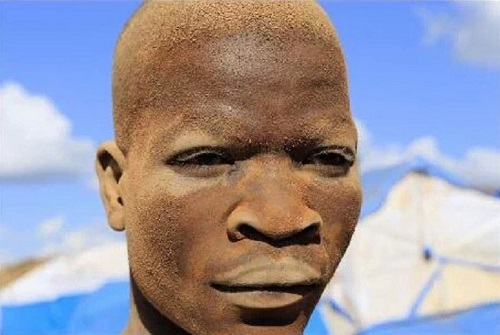It’s the harmattan season again and it is upon us. This season usually begins at the end of November and extends to mid-March.
It is characterised by dry, cold, and dusty wind with variations in the ambient temperatures of day and night.
Amongst the many effects of harmattan, the skin suffers the most because it is the most exposed, accompanied by cracking of lips and soles of the feet.
Because there is a lot of dust particles being carried around by the wind, it gets into our eyes and may cause some allergy and redness.
This could also be accompanied by excessive sneezing and catarrh.
In order to prevent the skin from getting flaky, dry, chapped, and dehydrated here are some tips to help you survive the harmattan in Ghana.
Use lip balms or shear butter (Nkuto)
Natural lip balms contain moisturizing and hydrating agents and they help protect the lips from getting dry and chapped and help to seal in moisture.
Stay hydrated
Constant hydration by drinking lots of clean water helps to protect the skin from the excessive loss of fluid experienced during this season.
READ ALSO: 6 tips to help you to stop sweating in your armpit
Make use of face towels or nose masks
With the business of everyday life especially in urban areas, our faces and skin are bound to attract dirt that is invisible to the naked eye. So, it is important that the face be cleansed from time to time with alcohol-free moisturizing face towels. Use a nose mask to prevent dust from entering the nostrils.
Exfoliate
Regular skin exfoliation helps remove dead and dry skin, making the skin fresh, moisturised, and breathable. Natural scrubs that contain vitamin C and E are good exfoliating agents.
Excessive exfoliation of the skin should be avoided as this will strip the skin of its natural oils and thus, repeating the cycle of skin dryness.
Moisturise
The importance of this cannot be overemphasized. Use light-weight hydrating moisturizers and as much as possible, avoid heavy creams during this period. Also, ensure to choose safe products that are free from alcohol or other harsh chemicals
Wear protective clothing
The use of warm, thick protective clothing is very important in ensuring that the skin is protected from the harshness that comes with harmattan.





